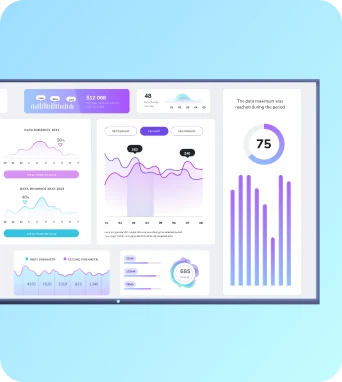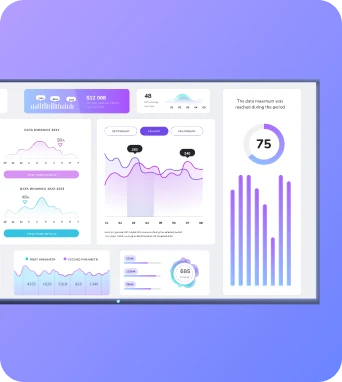Privacy-compliant analytics
Privacy-compliant analytics refers to the collection and analysis of data in a manner that respects user privacy, ensuring compliance with legal standards and regulations, particularly in the context of digital signage.
What is Privacy-compliant analytics?
Understanding the Principles of Privacy-compliant Analytics
Implementing Privacy-compliant Analytics in Digital Signage
Final Thoughts on Privacy-compliant Analytics
Keep the learning going...
Predictive display maintenance
Predictive display maintenance refers to the proactive approach of using data analytics and machine learning to anticipate and address potential issues in digital signage systems before they occur.
Predictive maintenance tools
Predictive maintenance tools in digital signage are systems and technologies used to anticipate and address potential maintenance issues before they lead to equipment failure, ensuring continuous operation and reducing downtime.
Privacy-first audience analytics
Privacy-first audience analytics refers to the collection and analysis of audience data in a manner that prioritizes user privacy, ensuring compliance with data protection regulations and minimizing the collection of personally identifiable information.



